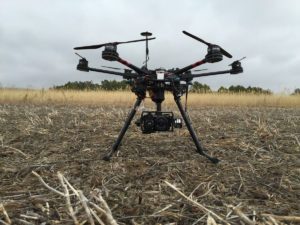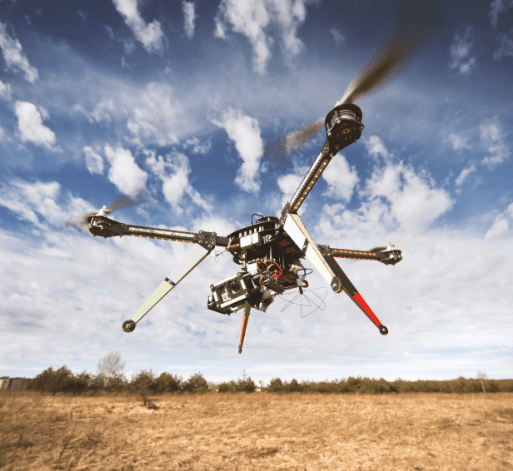
Market research firm Gartner is projecting that almost 3 million drones are expected will be shipped this year with overall revenue expected to be ~$6 billion, an increase of 34%. They estimate the market in 2020 could be over $11.2 billion by 2020, Gartner said.
“While the civil markets (personal and commercial) have been wading through regulation by various governments, drones’ popularity in these markets has not diminished,” Gartner added.
While the market as a whole will see significant growth, the break down and growth levels for the personal and commercial markets will be very different. Personal drones will are expected to continue to increase in popularity as an affordable extension of consumers’ smartphones for taking photographs and selfies and for other entertainment options. These drones fly short distances for a brief time.
“The market for commercial drones is much smaller, with a significantly higher average selling price in comparison with personal drones,” Gartner said. Of the 3 million units, personal drones are expected to account for about 2.8 million. “With more countries solidifying their drone regulations, the market is beginning to stabilize, and companies are now buying drones to test and deploy in nearly every industry,” Gartner said.
Commercial drones normally have a higher payload and longer flight times. They are more specialized to a function, such as mapping, delivery or industrial inspection, so prices vary according to these requirements.
“The commercial and personal drone markets are increasingly overlapping, as lower-priced personal devices are being used for commercial ventures,” Gartner Senior Research Analyst Gerald Van Hoy said.
Personal drone vendors are now aggressively trying to position themselves in the commercial market, he added.
“Recent technological advances blur the lines, allowing personal drones to be used in many special-purpose applications such as surveillance, 3D mapping and modeling,” he said.
While delivery drones continue to capture attention, it is not expected to be a major factor for several years. Drones for industrial inspections have been much more successful, primarily in oil and gas, energy, infrastructure and transportation, the report said.
DroneLife take: We are skeptical of these numbers. Product classification is simply too fluid and ill defined. The reality is that, as the report notes, many prosumer drones (Mavic, Phantom, Typhoon) are used for commercial applications. Anayltic firms such as DroneDeploy, which serves the agricultural and construction markets, is seeing success is working with DJI drones. Similarly PrecisionHawk, a DroneDeploy competitor and another emerging player in analytics market, is compatible with DJI drones. Conversely, we have yet to see a drone that will crack the consumer market. There have been a number of attempts (Dobby, Breeze) but to date no game changer. But that’s just our opinion.
Frank Schroth is editor in chief of DroneLife, the authoritative source for news and analysis on the drone industry: it’s people, products, trends, and events.
Email Frank
TWITTER:@fschroth
